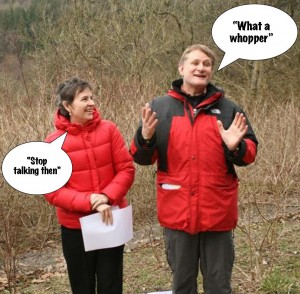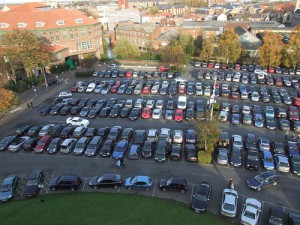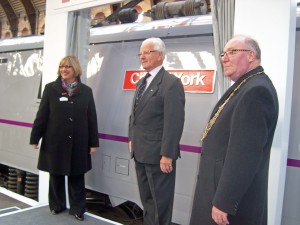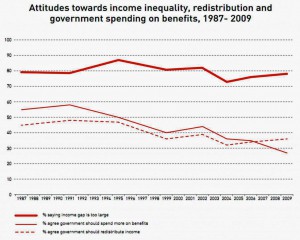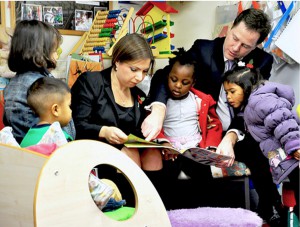How motorists can save money – York’s best kept secret?
Talking today to a well known City figure, I was surprised to learn that he did not know about the Councils annual parking pass (season ticket).
You can buy season tickets lasting for a minimum of one month. Season Tickets are valid from the date of issue. Season tickets cost £120 per month or £995 per year.
Weekly tickets for £48 are available to users of the park and pay by phone system.
If your car is shorter than 2.7m in length or one that is a low emission vehicle with emissions up to 120g/km2 or is electric or LPG powered you will be eligible for a discount
• A discount season ticket is £497.50 per year or £50 per month. For regular users this is a real bargain.
A season ticket allows you unlimited parking in any of the council’s car parks
An application form can be found on the Councils web site at http://www.york.gov.uk/transport/Parking/permits/season/
Westfield resident names East Coast train
Reg Turver who lives in the Foxwood Hill area, today officially unveiled a new name plate on one of East Coasts locos.
Reg was the driver of a train which got a similar nameplate in 1983.
He retired some years ago but was looking forward to a ride in the drivers cab of the train as it set off for London this morning.
So we all believe in Fairness and Equality then?
One of the assumptions made in the “Fairness Commission” report published earlier this week was that residents did support having a fairer society with fewer inequalities.
Maybe.
Here, courtesy of the latest British Social Attitudes survey (published last year) is the answer
What is notable is that whilst overwhelming numbers agree that “the income gap is too large”, and have consistently said so over the last 20 and more years, two of the possible routes to closing the gap have consistently fallen in popularity, namely using taxes or benefits.
Instead, it is policies such as providing better educational opportunities for the least well off (pupil premium anyone?) which best fit what the public says it wants although, as other evidence shows, the case for education needs to be made and can’t just be assumed by default.
It was therefore disappointing that the Commission report said relatively little about Education and the major contribution that it has made to York’s success over recent years.
It is no coincidence that York has one of the best education systems in the country and that it has also one of the lowest youth unemployment rates.
Now more two year olds are to get free early education.
When the dust has settled from the Chancellor’s Autumn Statement I hope that one of the things that York residents will remember will be the doubling of the offer of free early year’s education for two-year olds.
In last year’s Comprehensive Spending Review Nick Clegg announced that the 20% most disadvantaged families would be guaranteed 15 free hours of early education each week. The additional £650m announced earlier in the week will extend that to 40% of families. This will mean that the 260,000 most disadvantaged two year-olds will benefit by the end of this Parliament.
The facts are well known – children from the poorest backgrounds start primary school already behind in their development, in their speech and language ability, and in their capacity to make the most of their school years.
The evidence is well known too – high quality early years education, alongside support from parents and family, can really make a difference in giving a child from a disadvantaged background a good start in life.
The Liberal Democrat Manifesto for the 2010 Election set out an aspiration to move to 20 hours of free childcare for every child from the age of 18 months, as the nation’s finances allowed. We made a start last year, now we’re going further.
……..and that is likely to make a more profound difference to eliminating inequality than an endless argument about benefit levels

